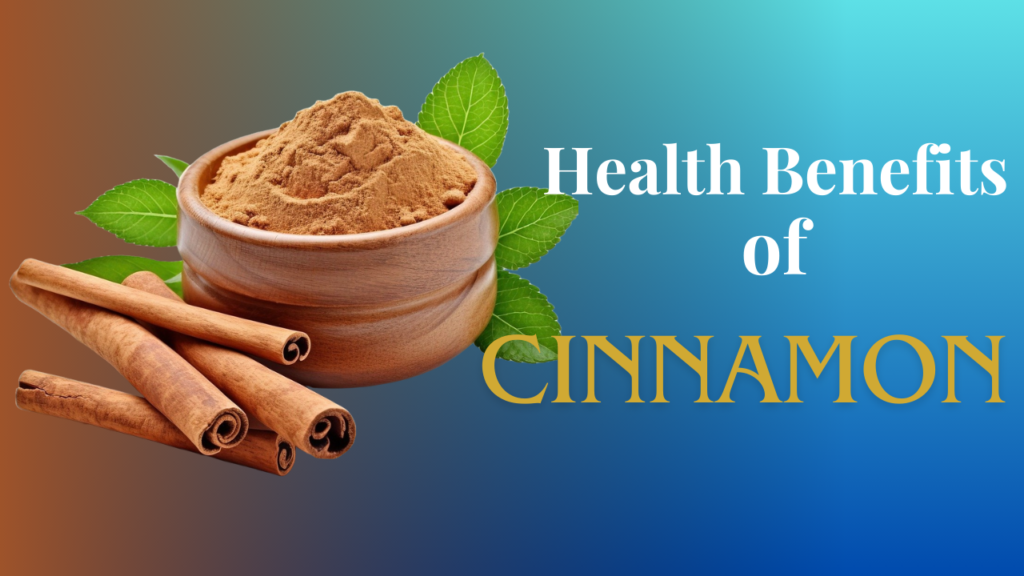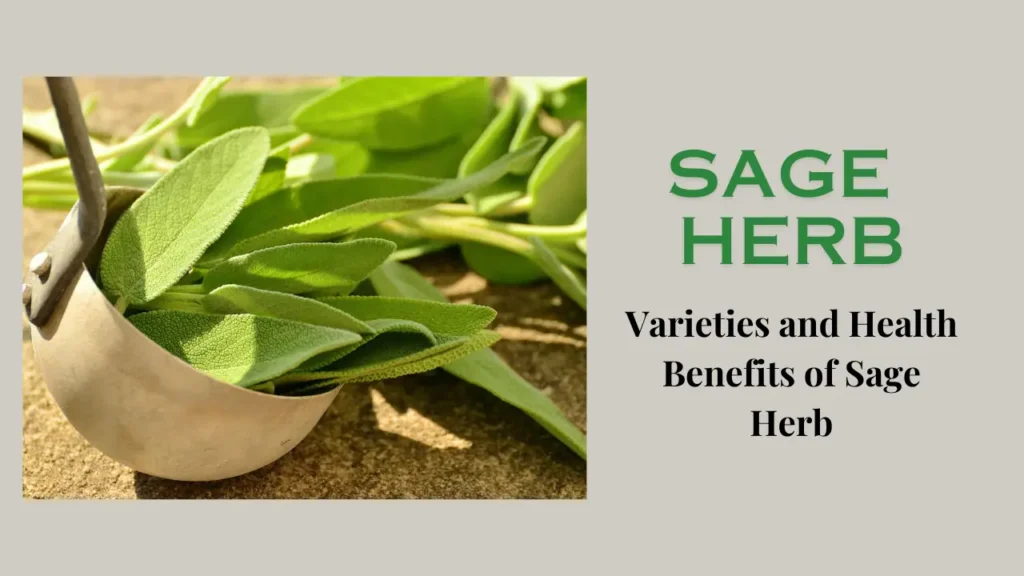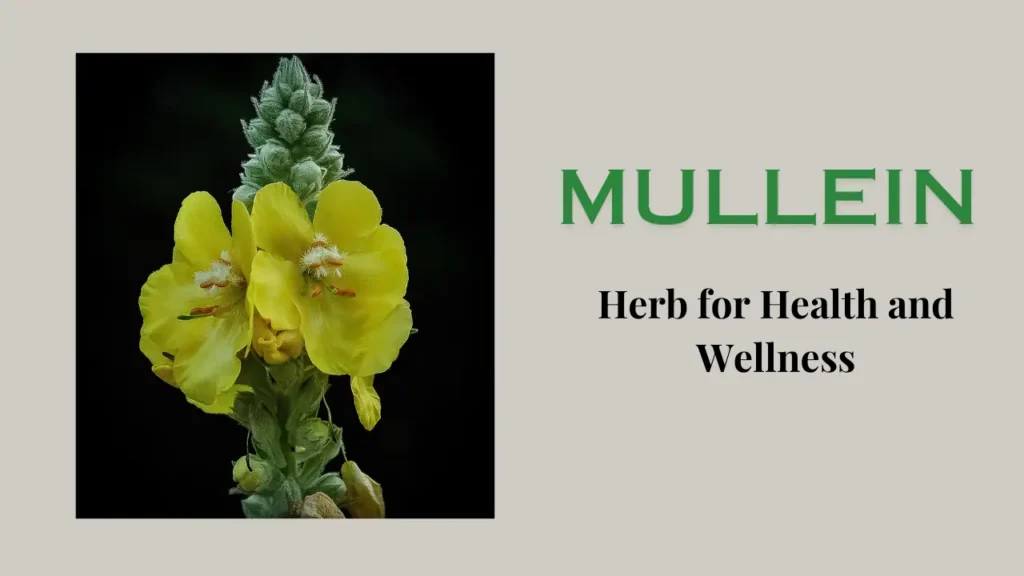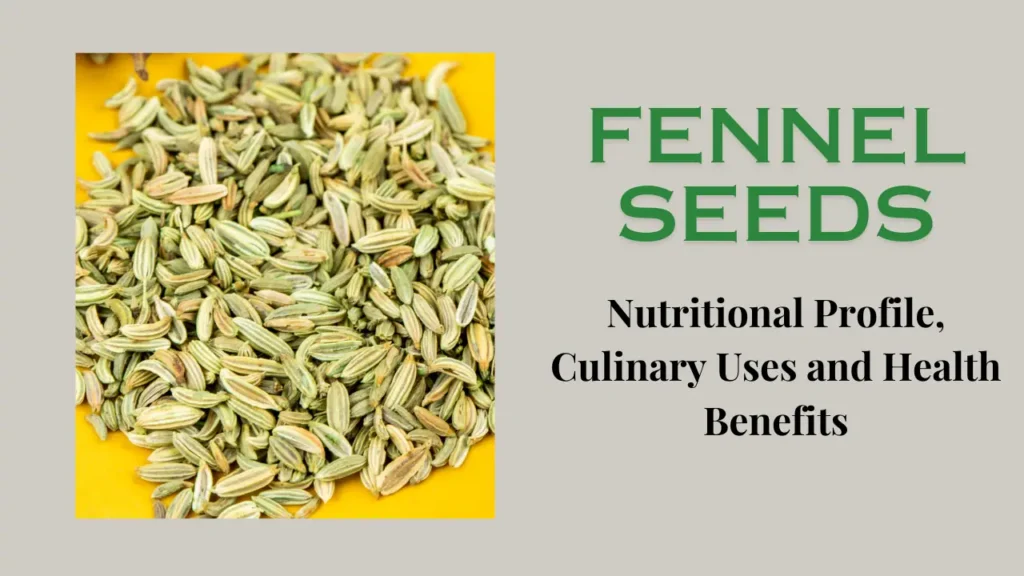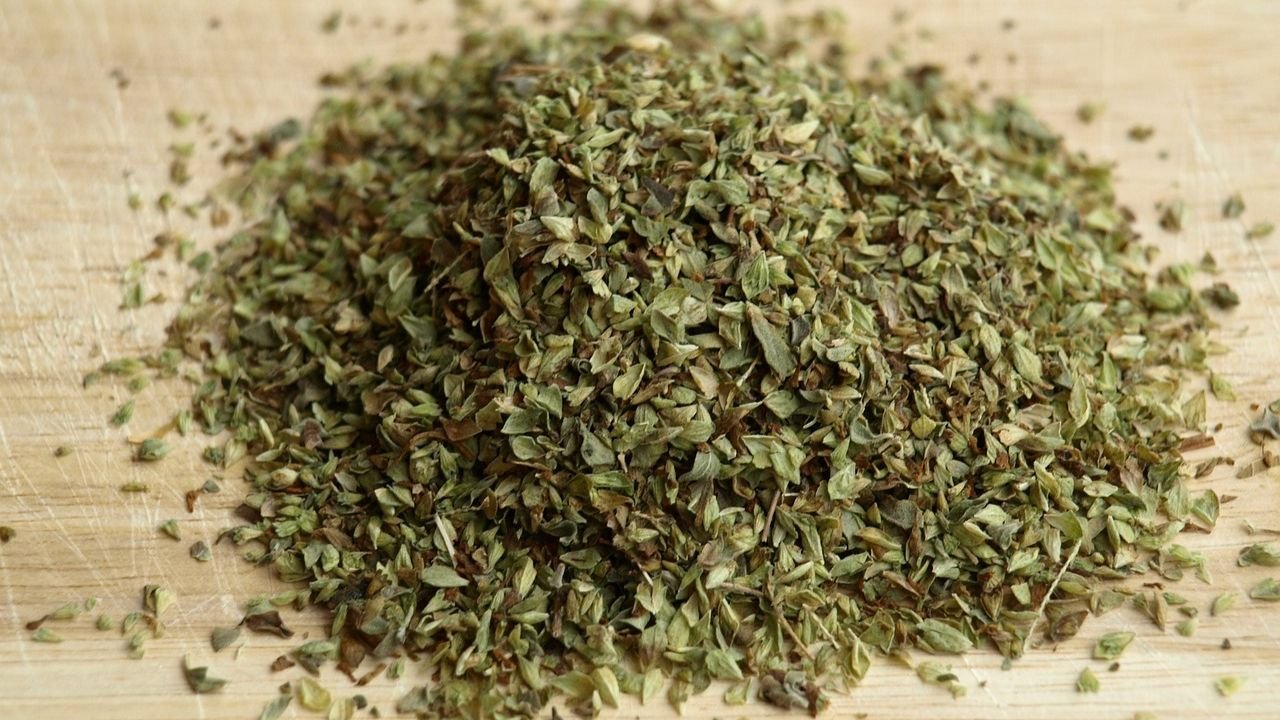
History of Oregano
- Oregano is scientifically known as Origanum vulgare. It is originally found in the Mediterranean region. It has been used for centuries in Greek, Roman, and Egyptian cultures for its culinary and medicinal properties.
- The name “oregano” is derived from the Greek words “oros” meaning mountain and “ganos” meaning happiness, meaning “mountain of joy.”
- Oregano was brought to other parts of the world, including Europe and the Americas, by explorers and traders who recognized its value.
Culinary Uses of Oregano
- Versatile Flavor Enhancer: Oregano is used in a wide range of dishes including pizza, pasta sauces, soups, salads, and grilled vegetables. It adds a distinct and strong flavor.
- Fresh vs. Dried: Both fresh and dried oregano are used in cooking, with dried oregano having a more concentrated flavor. However, fresh oregano is ideal for garnishing dishes and adding a touch of freshness.
- Spice Blends: It is a key ingredient in popular spice blends like Italian seasoning and za’atar, providing a delightful herbal flavor to the overall flavor profile.
- Infused Oils and Vinegar: Oregano-infused oils and vinegar can be made at home, allowing you to enjoy the herb’s essence in dressings, marinades, and dipping sauces.
Health Benefits of Oregano
- Antioxidant Powerhouse: Oregano is rich in antioxidants. It neutralizes harmful free radicals in the body and helps reduce oxidative stress, potentially reducing the risk of chronic diseases.
- Anti-inflammatory properties: The compounds found in it, such as carvacrol and thymol, have anti-inflammatory properties that benefit conditions like arthritis and reduce inflammation in the body.
- Digestive Aid: It is traditionally used to aid digestion, relieve bloating, and reduce symptoms of indigestion.
- Respiratory Health: Its essential oils have been used to help soothe respiratory conditions such as cough, asthma, and bronchitis, reducing symptoms and promoting respiratory health.
- Reduce Blood sugar level: This herb has a two-way effect on high blood sugar. It increases the secretion of insulin and prevents the craving for sweets, thereby reducing the blood sugar level in the body. It promotes immune health and reduces carbohydrate buildup in the body.
Read Also: Lemon Ginger Tea
Growing and Harvesting Oregano
Oregano thrives in well-drained soil and requires ample sunlight. It can be grown in the garden, in pots or containers, making it accessible even to people with limited space.
- Propagation and Maintenance: It can be grown from seeds or cuttings. To encourage bushy growth, water it regularly and prune it occasionally.
- Harvesting Tips: Harvest the leaves when the plant reaches a mature height of 4-6 inches. It is best to pluck the leaves in the morning to maintain the highest concentration of essential oils.

Storing and Preserving Oregano
- Drying: To increase the shelf life of its leaves, you can dry them in air or use a dehydrator. Once dried, store the leaves in an airtight container away from heat and light to preserve their flavor.
- Freezing: Another option for preserving oregano is to freeze the leaves. Simply wash them and pat them dry, then freeze them in freezer-safe bags or ice cube trays with a little water or oil to prevent freezer burn.
- Herb-infused salt: Mixing this with coarse sea salt can make a delicious herb-infused salt that can be used to season a variety of dishes.
Conclusion
Oregano is not just a herb that enhances the taste of your favorite dishes it also offers many health benefits. From its culinary versatility to its antioxidant and anti-inflammatory properties, it deserves a place in every kitchen. So, whether you are an experienced chef or an aspiring home cook, add it to your kitchen and enjoy its aromatic flavor and potential health-enhancing effects.
Remember, before starting any new wellness regimen, it’s always best to consult with a healthcare professional to ensure it is suitable for your specific needs and circumstances.
Yes, you can eat fresh oregano leaves raw. They have a strong, pungent flavor, similar to the dried version, but slightly more peppery. They are a safe and healthy addition to salads, dips, or sprinkled on top of various dishes.
Depending on the desired flavor, several herbs work well as oregano substitutes such as:
- Marjoram: This herb has a milder, sweeter flavor than oregano but has some of the usual aroma.
- Thyme: Thyme imparts a slightly citrusy and earthy flavor, making it a great choice in most savory dishes.
- Italian seasoning: This pre-mixed blend includes oregano and other herbs like basil, rosemary, and marjoram. It can be used in small quantities as a normal substitute.
- Basil: Basil has a distinct sweetness that oregano doesn’t have, but it can come in handy in some dishes, especially tomato-based dishes.
Its oil may offer some potential benefits for gut health, although research is still ongoing. some of its benefits are as follows:
- Antibacterial properties: It contains compounds like carvacrol and thymol, which may help prevent the growth of some harmful bacteria in the intestine.
Antifungal Properties: It may also help fight fungal infections like Candida. - Anti-inflammatory effects: It has anti-inflammatory properties, which may be beneficial for digestive issues like irritable bowel syndrome (IBS).
It is important to consult a healthcare professional before using this oil for any specific health condition, as it may interact with many medications.
No, oregano and rosemary have different tastes. The flavor of oregano is pungent, somewhat peppery, and bitter, while rosemary is more piney, woody, and slightly minty. They are used in different cuisines, and although both complement Mediterranean cuisine, in most cases they are not interchangeable.
There are several substitutes you can use in place of oregano:
- Marjoram for a lighter, sweeter option.
- Thyme for a slightly citrusy and earthy flavor.
- A small amount of Italian seasoning to substitute for the usual.
- Basil is particularly used in tomato-based dishes, given its distinctive sweetness.

